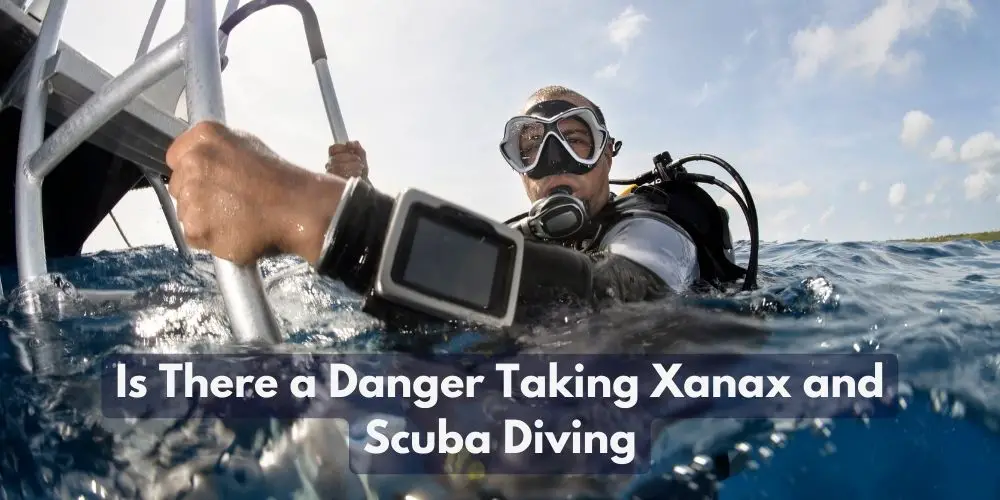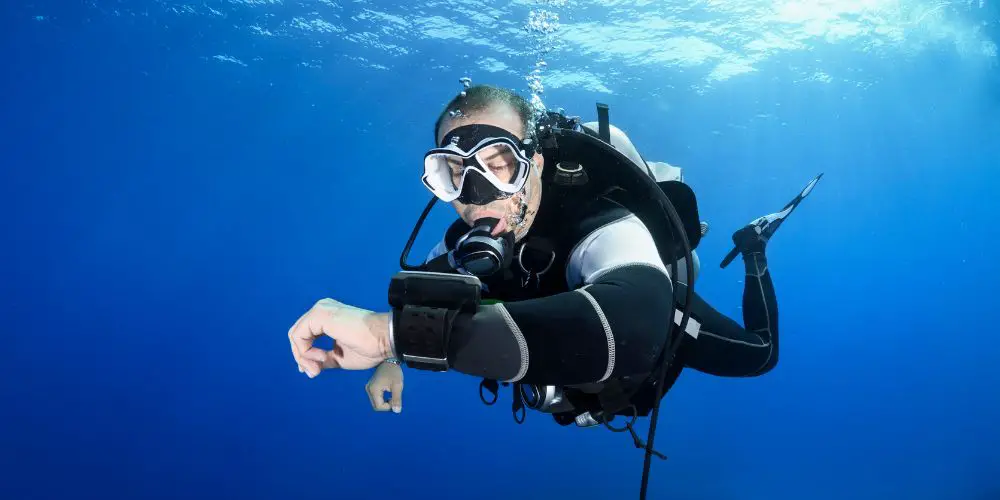
Scuba diving is an exhilarating activity that allows us to explore the underwater world. However, combining it with certain medications, like Xanax, has raised concerns. Xanax is an anti-anxiety medication commonly used to treat anxiety disorders and panic attacks. In this blog post, we will explore the potential risks of taking Xanax and scuba diving. We’ll also discuss the dangers associated with scuba diving and the need for caution. Join us as we delve into the world of Xanax and scuba diving, highlighting the importance of safety in this thrilling aquatic pursuit.
Xanax and Scuba Diving: Understanding the Safety Risks

Xanax is a benzodiazepine medication used to treat anxiety disorders and panic attacks. It enhances the effects of GABA in the brain, reducing anxiety and promoting relaxation. However, Xanax has potential side effects such as drowsiness, impaired coordination, and addiction risk.
Scuba diving is an exciting but high-risk activity. It demands physical and mental preparation, including adapting to water pressure and maintaining buoyancy control. Combining Xanax with diving poses risks of impaired judgment and coordination, which can compromise safety underwater.
Understanding the dangers and challenges of scuba diving is crucial. It requires physical fitness, emotional stability, and the ability to make quick decisions in challenging situations. Impaired judgment or coordination due to Xanax can increase the likelihood of accidents.
Considering the risks, it’s important to carefully assess the combination of Xanax and scuba diving. Consulting healthcare professionals and prioritizing safety protocols are essential.
The Dangers of Taking Xanax and Scuba Diving
Interactions between Xanax and diving physiology can be risky, potentially impairing breathing and oxygen exchange. Xanax’s sedative effects can lead to impaired cognitive function and decision-making abilities, compromising safety underwater. Increased risks of decompression sickness and nitrogen narcosis are associated with Xanax use. Anxiety or panic attacks can also be heightened underwater due to Xanax. Experts and studies warn against this combination, citing accidents and fatalities.
To prioritize safety, consult healthcare professionals and instructors. Explore alternative anxiety management strategies and adhere to diving guidelines. Stay informed, make informed decisions, and prioritize safety to enjoy scuba diving without unnecessary risks.
Recommendations and Safety Measures
For individuals who take Xanax and have an interest in scuba diving, it is crucial to prioritize safety and make informed decisions. Here are some general recommendations and safety measures to consider:
- Consult with healthcare professionals and dive instructors: Before attempting scuba diving, it is essential to consult with a healthcare professional who is familiar with your medical history and can provide guidance specific to your condition. Additionally, seek advice from experienced dive instructors who can assess your fitness for diving and provide insights on managing anxiety or fear underwater.
- Explore alternatives to Xanax: If you rely on Xanax for anxiety management, discuss alternative medications or strategies with your healthcare provider. There may be other medications or non-pharmacological approaches that can help you manage anxiety or fear of diving without the potential risks associated with Xanax.
- Proper training and adherence to diving guidelines: Enroll in a reputable scuba diving training program to acquire the necessary skills and knowledge for safe diving. Follow the guidelines set by diving organizations and instructors regarding fitness for diving, medication use, and pre-dive protocols. Adhering to these guidelines ensures your safety and the safety of others in the diving community.
Remember, scuba diving is an activity that requires physical and mental readiness. It is crucial to prioritize your well-being and make responsible choices to mitigate potential risks. By consulting with experts, considering alternative approaches, and adhering to safety measures, you can enjoy the wonders of scuba diving while minimizing the dangers associated with combining Xanax and this high-risk activity.
FAQs: Scuba Diving and Heart Conditions
Is scuba diving safe for heart patients?
Scuba diving can be a great way to stay fit and active, including providing a workout for your heart. However, it’s important to note that diving can have significant effects on the body, such as increasing blood pressure. This could pose a risk when diving, especially for individuals with pre-existing heart conditions. It is recommended to consult with a healthcare professional experienced in dive medicine to assess the safety and suitability of scuba diving for heart patients.
What conditions can you not scuba dive with?
To participate in scuba diving, it is crucial for your respiratory and circulatory systems to be in good health. All body spaces should be normal and healthy. Individuals with heart problems, current cold or congestion, epilepsy, asthma, severe medical conditions, or those under the influence of alcohol or drugs should avoid diving. These conditions can increase the risk of complications underwater and compromise safety.
How long after a heart attack can you scuba dive?
After experiencing a heart attack, a period of healing is necessary before considering scuba diving. It is generally recommended to wait six to twelve months following a heart attack. During this time, the individual should undergo a thorough cardiovascular evaluation, which may include an exercise stress test. This evaluation helps determine the individual’s cardiovascular fitness and readiness for diving. It is important to work closely with healthcare professionals and dive medicine experts to ensure a safe and appropriate timeline for returning to scuba diving after a heart attack.
Final Thoughts
All in all, the dangers of combining Xanax and scuba diving should not be overlooked. The sedative effects of Xanax can impair judgment and coordination, posing risks in the demanding environment of scuba diving. It is crucial to prioritize safety, seek professional advice, and consider alternative approaches for managing anxiety.
By making informed decisions and prioritizing personal well-being, divers can strike a balance between mental health and safety. Remember to approach scuba diving with caution, respect the risks involved, and prioritize safety at all times. Stay informed, seek guidance, and make responsible choices to ensure enjoyable and safe diving experiences.
